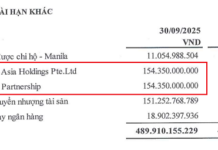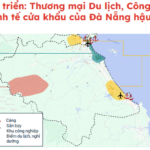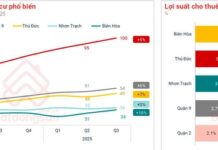Micro Condos Listed at $2,150 per Square Meter in Hanoi
According to a survey by Tien Phong’s reporters, micro condos in Hanoi’s inner districts like Cau Giay, Thanh Xuan, Dong Da, and Lang are priced between $1,850 and $2,050 per square meter, depending on location, construction quality, and nearby amenities.
Some newly completed buildings with elevators, fire safety systems, and legal ownership certificates (“red books”) are even listed at $2,300 per square meter.
For instance, a 52-square-meter micro condo in a 7-story building in Lang district is priced at $100,000, or approximately $1,923 per square meter. The broker notes that the entire building has a collective “red book,” and transactions are conducted via notarized power of attorney and additional legal affidavits.
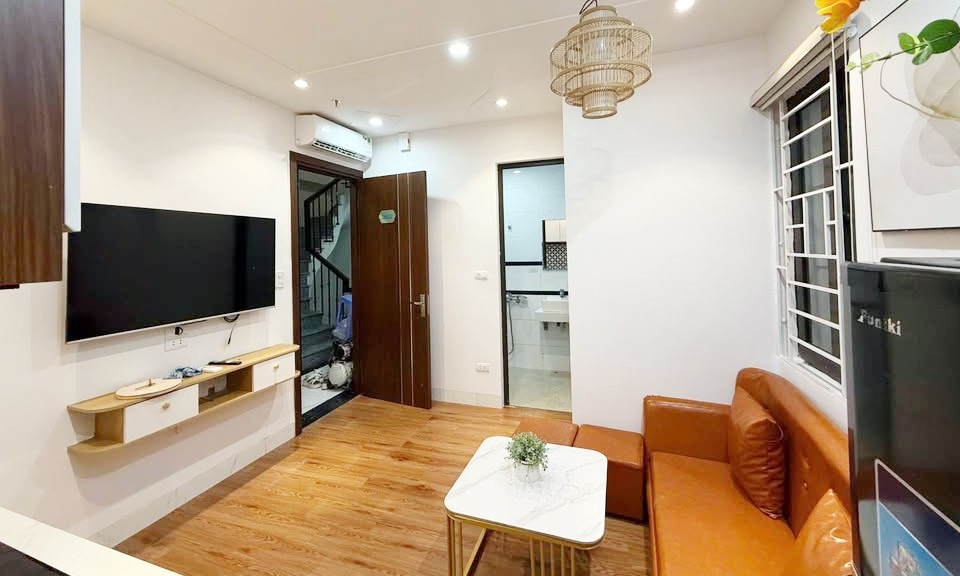
Micro condos in Hanoi are commonly priced between $1,850 and $2,300 per square meter.
Another 30-square-meter micro condo in Nam Tu Liem district is listed at $65,000, or about $2,166 per square meter.
In Van Mieu – Quoc Tu Giam district, a 60-square-meter studio-style micro condo is priced at $142,000, equivalent to $2,366 per square meter. The broker highlights its modern fire safety system and individual “red book.”
Nguyen Manh Hai, an office worker in Cau Giay, shares that after over a decade in Hanoi, he and his wife couldn’t afford a commercial condo. They settled for a 40-square-meter micro condo in Cau Giay for $80,000.
“I know it’s riskier than a commercial condo, but waiting indefinitely isn’t an option. It’s small, centrally located, convenient for work, and has parking and an elevator—that’s acceptable,” Hai says.
Hai adds that with commercial condo prices in Hanoi ranging from $3,200 to $5,500 per square meter, micro condos remain the only affordable option for “settling down.”
Le Thi Huong, a real estate agent in Thanh Xuan, notes that the mini condo fire disaster in mid-September 2023 froze the market following inspections and enforcement actions against construction and fire safety violations.
According to Huong, many landlords invested hundreds of millions of VND in additional safety measures like escape routes and automatic fire alarms. As a result, micro condos with “red books” and certified fire safety systems have become rare, driving prices up alongside commercial condos.
“After the 2023 fire in Khuong Ha, many thought this housing type would fade, but it hasn’t. Buyers are now more cautious, asking about legal status and fire safety, yet some still purchase due to prices 40-50% lower than nearby commercial condos,” Huong explains.
Tightening Sales and “Red Book” Issuance
Effective August 1, 2024, Decree 95/2024/ND-CP implements the 2023 Housing Law, notably defining and regulating multi-story, multi-unit buildings (commonly known as micro condos) as a distinct housing type.
Under Decree 95/2024, these buildings are structures with two or more floors designed and constructed for sale, rent-to-own, or rental of individual units.
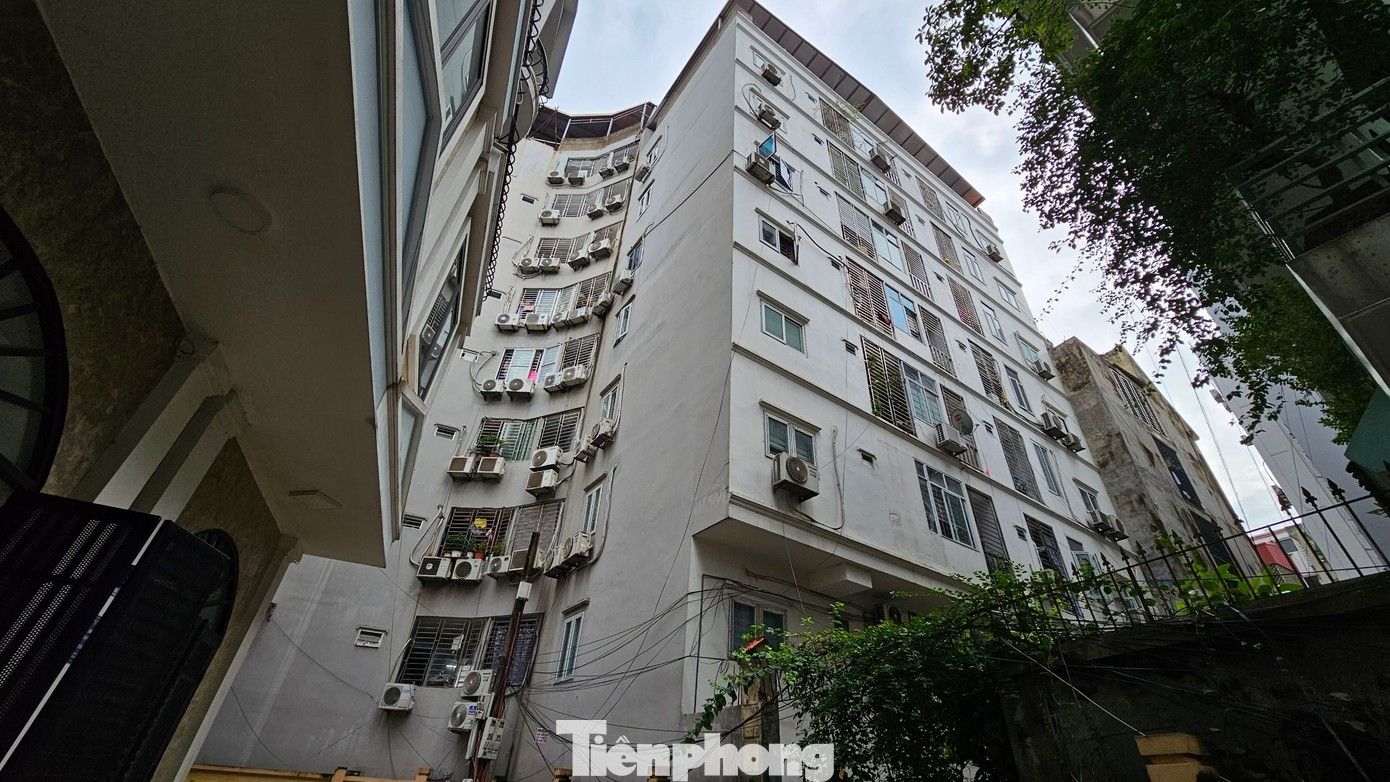
Tightening sales and “red book” issuance for micro condos.
Previously, this housing type lacked clear regulations in the Housing Law or Construction Law, leading to thousands of unregulated buildings without legal ownership certificates, fire safety approvals, or adequate infrastructure.
The new regulations require all such projects to follow investment, permitting, and operational procedures like those for commercial housing projects.
A key feature of Decree 95 is the distinction between two project categories based on scale.
Category one includes buildings with 20 or more units or those built for sale, rent-to-own, or rental. These must comply with investment, construction, and housing laws, including project registration, investment dossiers, design approvals, building permits, and fire safety standards akin to commercial condos.
Category two includes buildings with fewer than 20 units intended solely for rental, classified as single-family homes. However, they must still meet design, supervision, permitting, and fire safety requirements.
Decree 95 also mandates that the management and operation of multi-story, multi-unit buildings follow the Condominium Management and Use Regulations issued by the Ministry of Construction.
This means micro condo owners (individuals or businesses) must comply with management regulations like those for standard condos—covering operation, maintenance, fire safety, and “red book” issuance for each unit.
Dr. Tran Xuan Luong, Vice Director of the Vietnam Real Estate Market Research and Evaluation Institute, believes the new regulations will end the unchecked, spontaneous construction of micro condos disguised as single-family homes. They will also pave the way for legal, safe, and “red book”-eligible small housing units, meeting the needs of middle- and low-income residents.
Dr. Luong advises buyers to thoroughly verify the legal status of micro condos before purchasing to avoid future risks and disputes.
Urban Airport Apartments Boosting Can Tho Real Estate Appeal
Amidst the shifting tides of real estate investment, Can Tho City has emerged as a focal point of interest, offering ample room for profitable ventures. Stella Icon, a luxury apartment project, stands as a new living icon in the Western Capital, enhancing the market’s allure and unlocking numerous opportunities for investors.
Crafting Prosperous Communities Through Strategic Connectivity: MIK Group’s Vision
The real estate market in Vietnam’s major cities is shifting towards sustainable development. Transit-Oriented Development (TOD) and Transit-Oriented Communities (TOC) models, which integrate urban living with public transportation, have become an inevitable trend.
Da Nang Real Estate Leads Central Vietnam’s Price Surge as Hanoi Buyers Show Strong Interest
Following the merger, the new Da Nang City has emerged as the growth epicenter of Central Vietnam, boasting modern infrastructure, vast land reserves, and a surge in investment capital from Hanoi and Ho Chi Minh City. Real estate prices here have soared by 32% in just the first nine months of the year, marking the highest increase in the region.
Vietnam’s Ascent to Global Financial Hub Status
Aspiring to establish Vietnam as a compelling and sustainable global financial hub not only unlocks opportunities to attract international capital but also serves as a critical test of its institutional framework, infrastructure, and capacity to foster an environment that is truly livable, workable, and investable.











